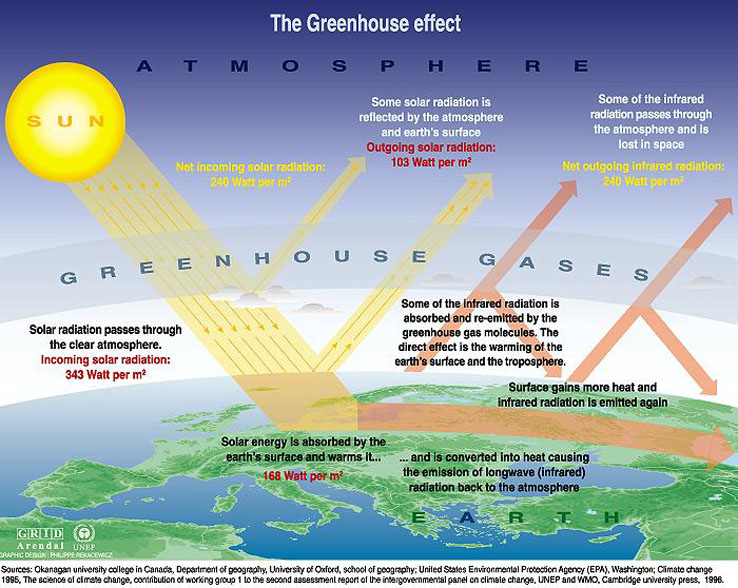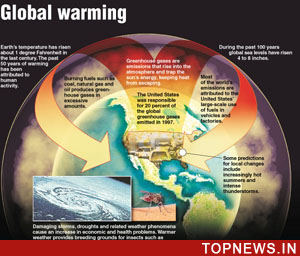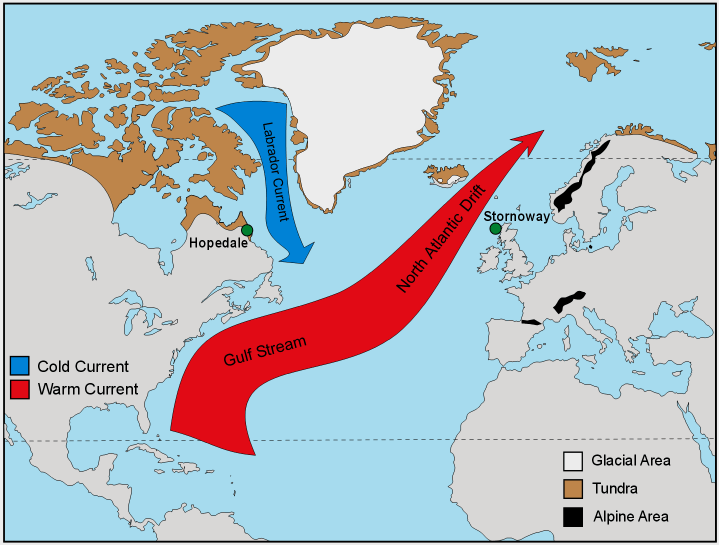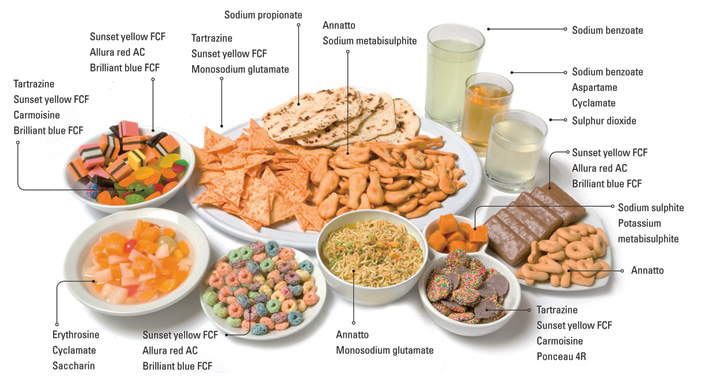Anyone accustomed to Openhand knows that our approach is to fearlessly embrace the truth, even if that makes us unpopular. Why? Because only the truth can truly…

Nature (journal)

Two new studies published in Nature on Wednesday show that neonicotinoid pesticides—or neonics for short—may be even more harmful to bees than previously thought. Those studies, Bees Prefer…

As I wrote about in my last post, bees are capable of learning which flowers offer good nectar rewards based on floral features such as colour,…

A new scientific synthesis suggests a gradual, prolonged release of greenhouse gases from permafrost soils in Arctic and sub-Arctic regions, which may afford society more…
By Alan Boyle NBC News Researchers have begun circulating beams of protons in the Large Hadron Collider after a two-year shutdown for upgrades — and…

An international team of scientists has tried a new approach to addressing the complex argument about the costs of climate change – and, once again,…

The Gulf Stream is the weakest it's been in the last 1,000 years. And as glacier melt in the Arctic continues to accelerate, the foot…

Scientists warn that our fate is in our own hands as humans now control almost every aspect of the planet, on a scale akin to…

Study in mice suggests changes might raise risk of bowel diseases and metabolic syndrome WEDNESDAY, Feb. 25, 2015 (HealthDay News) -- A common ingredient in…
The human-dominated geological epoch known as the Anthropocene probably began around the year 1610, with an unusual drop in atmospheric carbon dioxide and the irreversible…

The U.S. Food and Drug Administration (FDA) regulates the use of food additives like preservatives, colors, sweeteners, fat replacers, emulsifiers and other ingredients added to food to maintain or…

Trees are like our planet's lungs. Every second of every day, they're absorbing CO2 from the atmosphere, and converting it into energy. In fact, according…